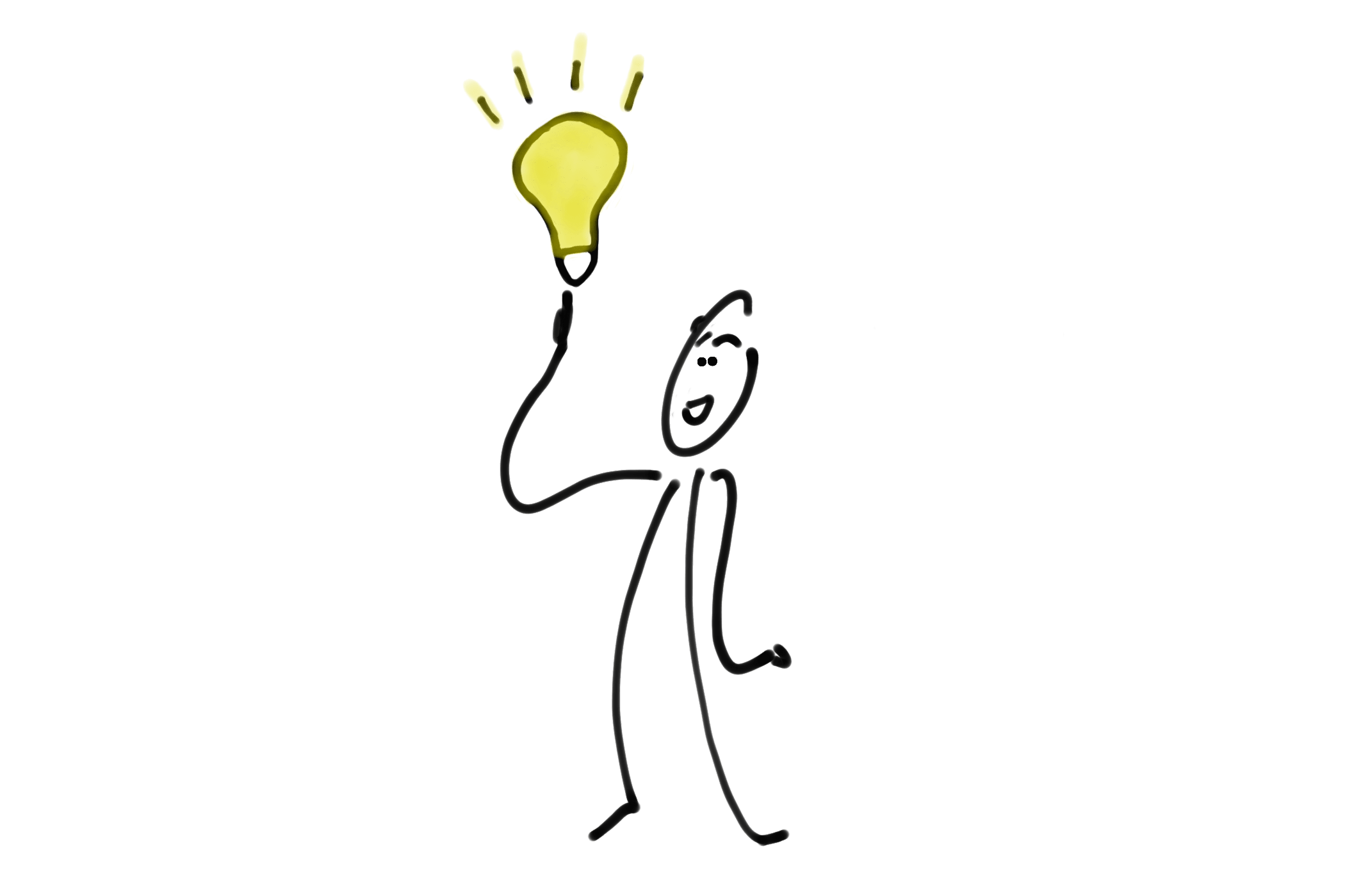Methods of the Digital Humanities
Provider
Institute of Art History
Basic Course: Apply and Reflect on Methods of the Digital Humanities 10SMDH
Description
This basic course aims at the systematic teaching of digital core competences in text- and image-based sciences and the ability to apply them to changing scientific questions. The focus is on cultural artefacts, in particular textual and visual works, as well as their data modelling and (re)presentation in the digital context.
The course introduces the following topics:
- What are Digital Humanities?
- Data and information (databases, ontologies, FAIR principle)
- Basic understanding of programming and markup languages (Computational Thinking)
- Text processing (sign & numbers, text editors, file formats)
- Introduction to web development (webservers, webpages, HTML, CSS, http, domains & URLs)
- Digital Editions
- Artificial Intelligence and ethics (automatic text & image recognition)
Furthermore, this course promotes the competence to critically reflect on the digital transformation in order to understand its impact on education, research and society. Course contents are interdisciplinary and practice-oriented, i.e. technical basics are taught and various digital methods and tools from the different disciplines are practically tested.
Target group
Open to Bachelor's and Master's students of all faculties (in particular students with only little previous technical knowledge and/or little experience in the field of digital methods and tools).
Course dates
Hybrid course (presence and blended learning). Face-to-face sessions take place fortnightly on Thursdays, 14.00-15.45:
23.02.23
02.03.23
09.03.23
23.03.23
06.04.23
20.04.23
04.05.23
01.06.23
The course will be held in German.
Offered in
Every semester
Assessment / ECTS Credits
Passing assignments on various topics during the semester. Active participation in the classroom sessions is strongly encouraged. / 3 ECTS.
Advanced Course: Methods of the Digital Humanities: Relational Databases 10SMDH_2
Description
The aim of this advanced course is to systematically teach further knowledge of relational databases and the ability to apply it to changing data sets of various scientific fields and fields of study (such as images, literature, court decisions, publications, patents, chemicals, medicines, etc.). Both the theoretical model and the technical implementation of the database will be discussed. The course builds on the introduction to databases in the basic course Applying and Reflecting on Methods of Digital Humanities. The course aims to teach participants the workflow of already recorded data from preparation (normalization and structuring) to modeling to storage and/or visualization in a relational database, theoretically but also practically.
Target group
Open to Bachelor's and Master's students of all faculties. Knowledge of the basic course Applying and Reflecting on Methods of Digital Humanities, the course Studium Digitale or comparable previous knowledge is required.
Course dates
Hybrid course (presence and online). The theory block is provided online and is independent of time, the practical block on site will take place on
- Monday, 08.05.2023, 09.00 - 15.45
- The course will be held in German.
Offered in
Every semester
Assessment / ECTS Credits
Passing the theory block online, as well as the development of a project assignment within the framework of the practical block / 1 ECTS

